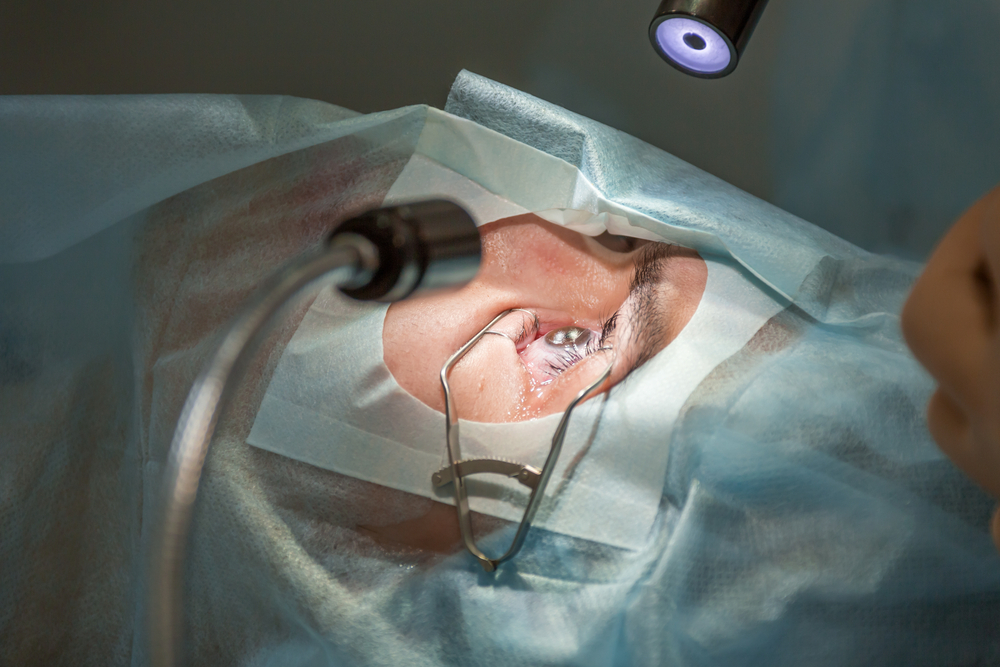Ophthalmology Doctor in Greater Noida – A Journalist’s Interview with Dr. Tanima Bansal
I walked into the brightly lit, calm consultation room at Oculus Eye Clinic as a medical journalist — notebook in hand, ready to listen, observe, and understand. I was there to meet Dr. Tanima Bansal, widely regarded as a...
Read More
